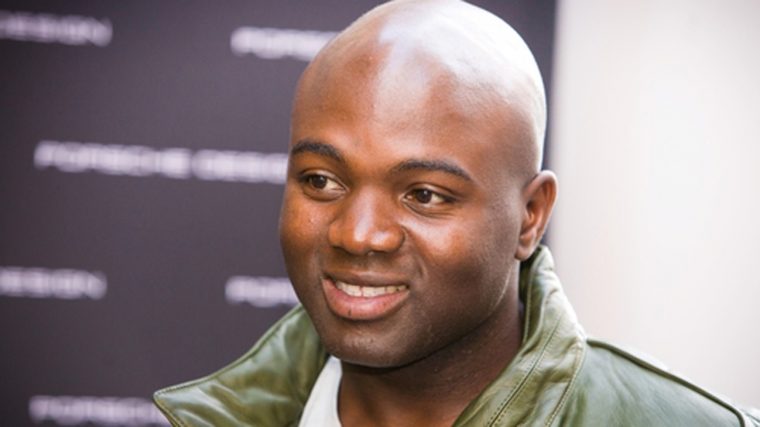In my last blog post I talked about Ms Mae-Etta and her success in obtaining equal pay in the 1930’s because of her “nice young man” attorney, Thurgood Marshall.
Today’s post is much closer to home as we continue to see and hear about: peaceful protests and/or violent reactions; needed police reform; taking a knee during national anthems at various sporting events; higher percentages of COVID-19 cases in populations of colour and/or lower socio-economic status; athletes, celebrities, and politicians reiterating “we’re in this together and we have a responsibility to do better”.
Having grown up in a non-prejudicial environment I have never understood why folks can’t get along. Why everyone doesn’t have the same rights. Why families of colour have very different conversations than those of us in the white community. I still don’t get it! Especially when, in most western countries, equality of the cultures represented in the population should not only be a right, it should be a given!
Because I still don’t get it, I talked with my good friend and colleague, Orlando Bowen (orlandobowen.com). Born in Jamaica, Orlando came to Canada with his parents when he was 3. He grew up here, played football in high school, was captain of the Northern Illinois University football team, played in the CFL, and was the victim of being a young black man in the right place at the wrong time. He suffered an unprovoked beating and arrest based on police-planted “evidence”. His football career was over. The recovery, both physical and mental, was difficult for him and his young family. If anyone should still be angry, it’s Orlando!
Many people in North America know Orlando’s story. What some don’t know or realize is, in my opinion, the more significant part of the story – Orlando publicly forgave the officers responsible.
Yet he still has to have conversations with his own boys about how to act should they ever be stopped by the police. They still need to understand what to do or not do when they are out in public in order to minimize the possibility of negative interactions with the police.
He’s gone on to be an outstanding young man. He is the founder and Executive Director and the ENERGY behind One Voice One Team, a non-profit organization providing youth leadership workshops, school assemblies and community service programs to empower youth. He speaks to corporations and associations helping them to build a spirit of resilience while pursuing excellence, and leaving a legacy by making a difference every day.
In August 2014, Michael Brown, an 18 year old black man, was shot and killed by a police officer in Ferguson, Missouri. Riots for racial justice ensued. Orlando received multiple requests from friends, both black and white, in the Ferguson/St. Louis area to come and speak to various audiences. One request from a white friend. He wanted him to share his story of forgiveness because he was fearful of the marches and rioting. Orlando declined. His rationale was that forgiveness is personal, as a process and a journey.
Another request came from a black, former university teammate, now a high school football coach, to come and speak at his school. Orlando agreed to come and have an open conversation with the kids. In his mind he wasn’t sure what he would say to the teachers even as he was committed to trying to understand. He knew, however, he could have a conversation with the kids.
The most tragic comment during that conversation with those high school kids was from a 15-year-old white student who asked, “In Canada, do black people and white people really get along? Because I’ve never seen that in my life.” Of course, everything in Canada is not perfect between various segments of the population, as Orlando’s own personal experience shows. But at 15 to have never seen any positive communication or interaction between black and white people is tragic!
I asked him, based on all the various experiences he’s had to date, what were his thoughts about the current Black Lives Matter movement. Specifically , I wondered about the recent Breonna Taylor judgement.
His response was, “When I see things like that happen, I think…that could have been me, my kids, my extended family or a friend…”. His next statement hit home with me, “When people can intimately identify with the trauma, the injustice and the associated pain is deepened.”
The positiveness he sees in the current movement and call for reform is that now white people are asking, “What can I do to help?” Conversations are happening that he never thought would be possible in his lifetime. It’s a positive extension of the struggles that have been happening for decades, dare I say, centuries. Let’s hope we do better with this moment in history.
Reform is certainly necessary in all parts of the world and in the various systems that govern and are supposed to “serve and protect” everyone. Yet this young man, who is a gamechanger in every sense of the label, tells everyone, “I’m not here to judge, but to serve.” In my humble opinion, if more of us lived by that statement and were personally responsible and accountable, not only would the game change, our world would change.
How can you and I do things today so that these same questions, marches, and responses to injustice are not still happening in another 25 or 50 years?



